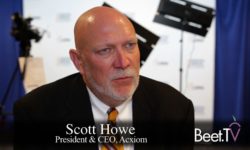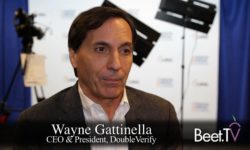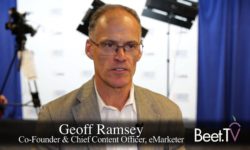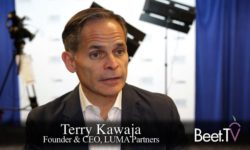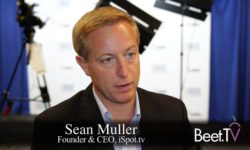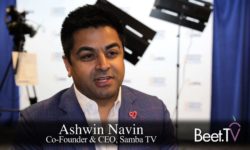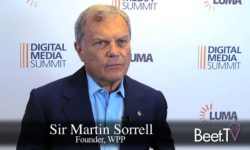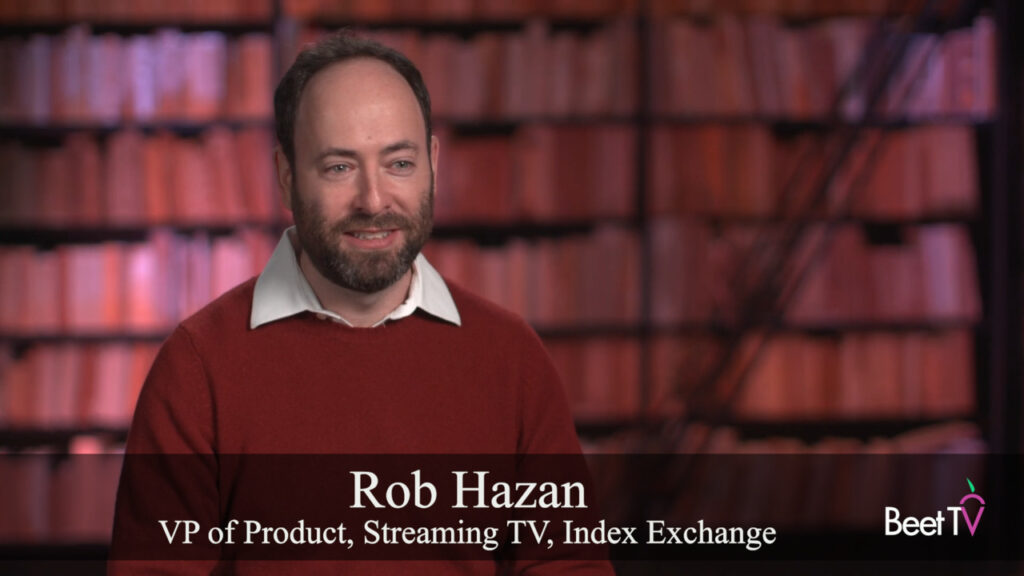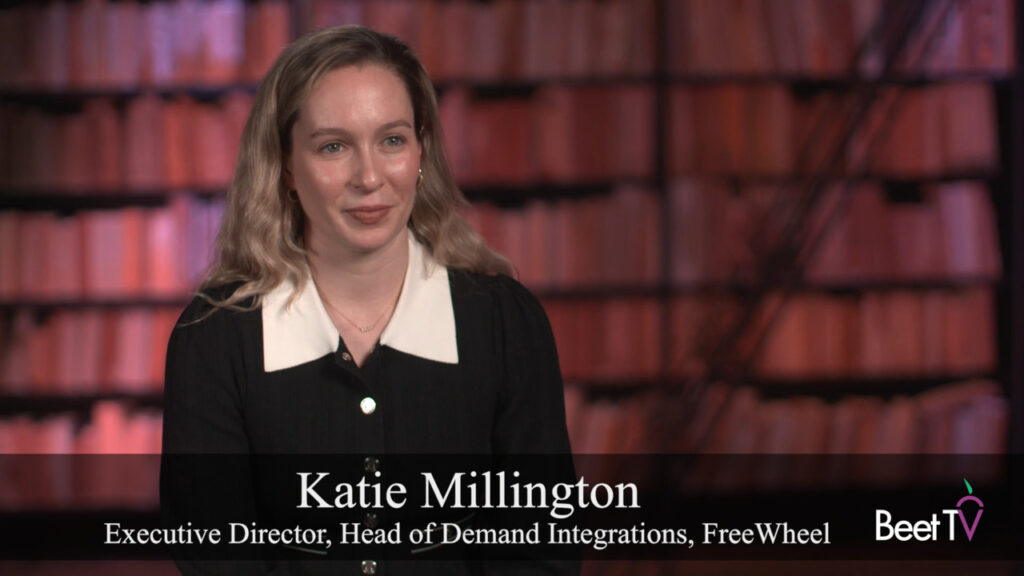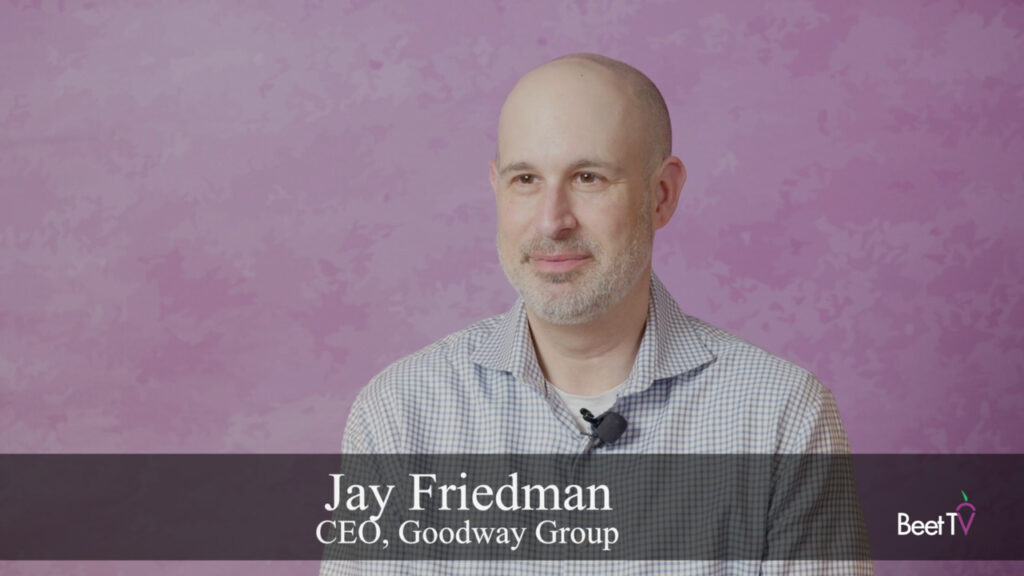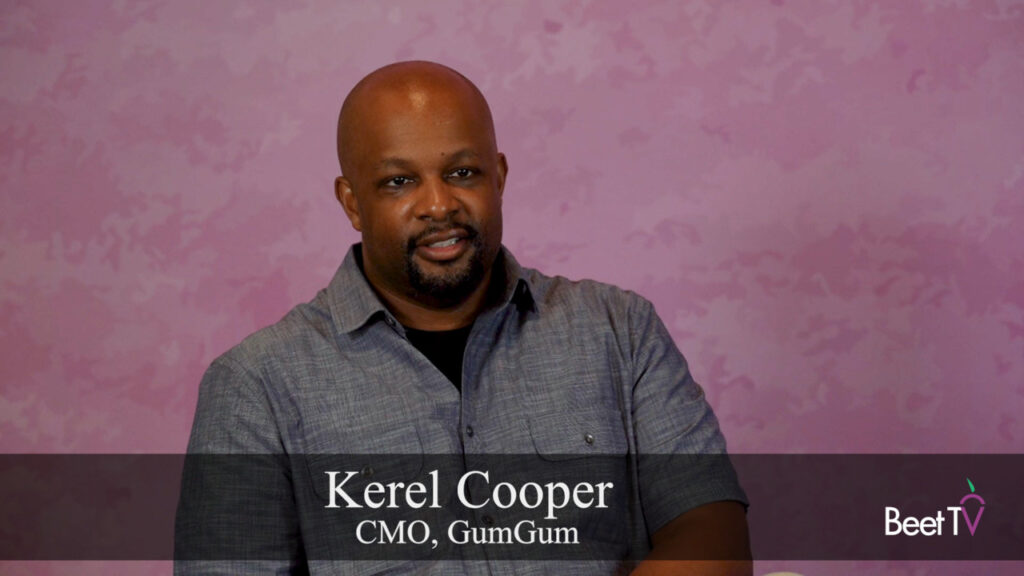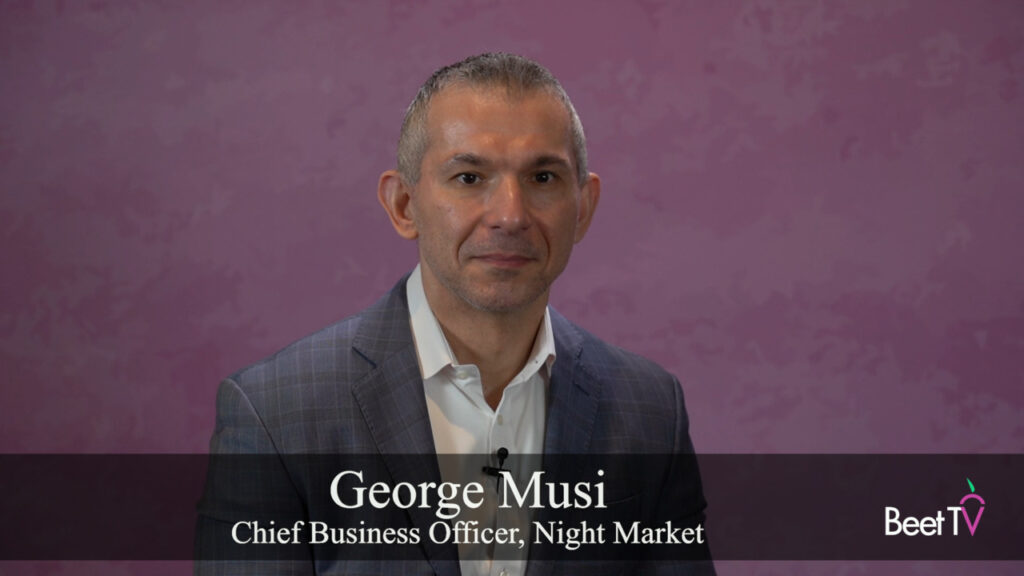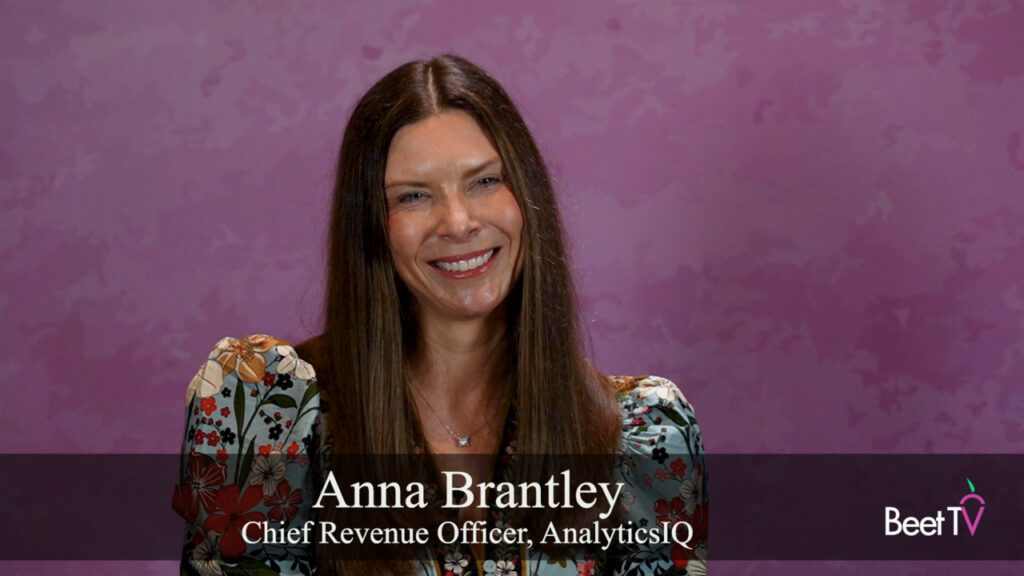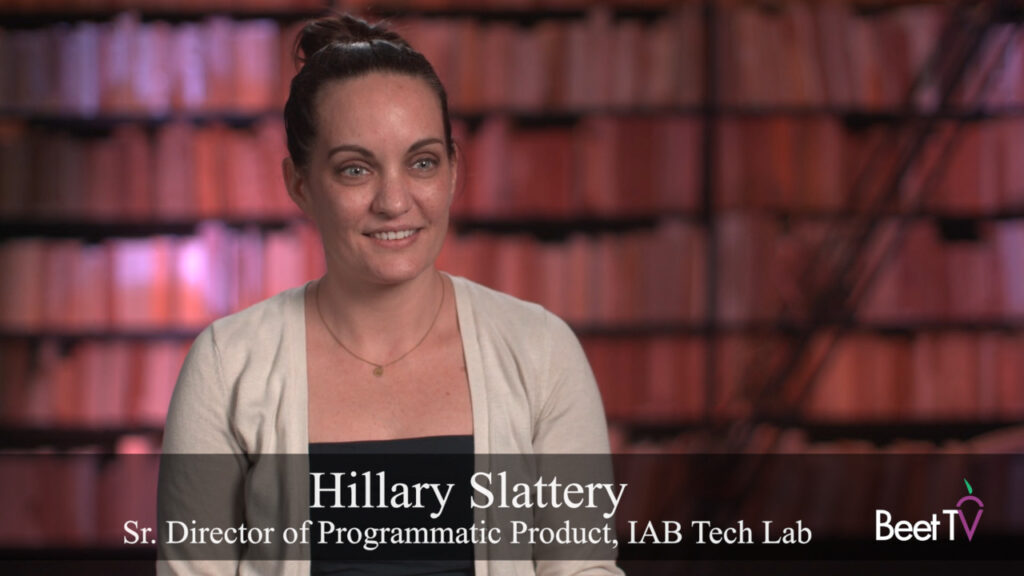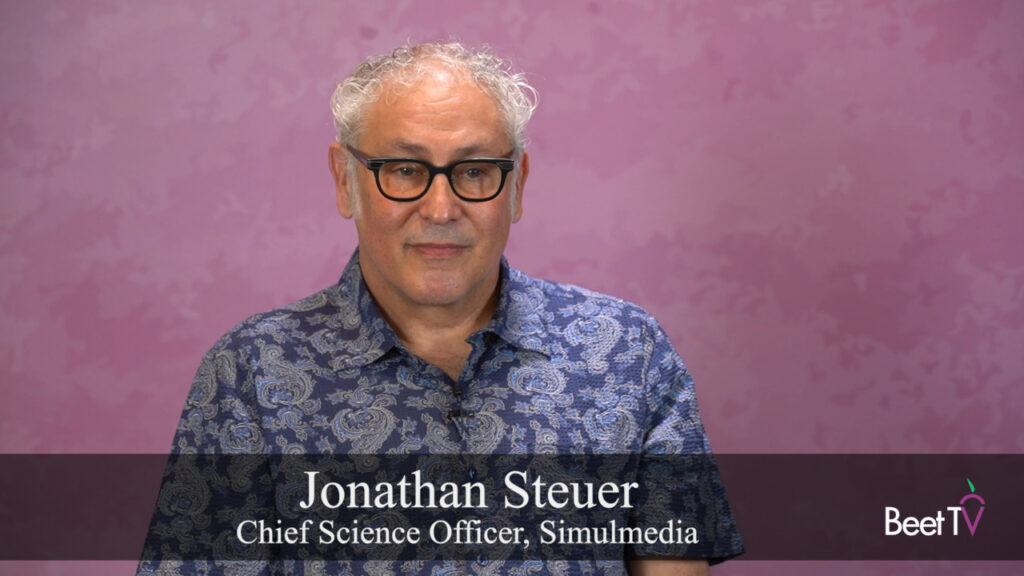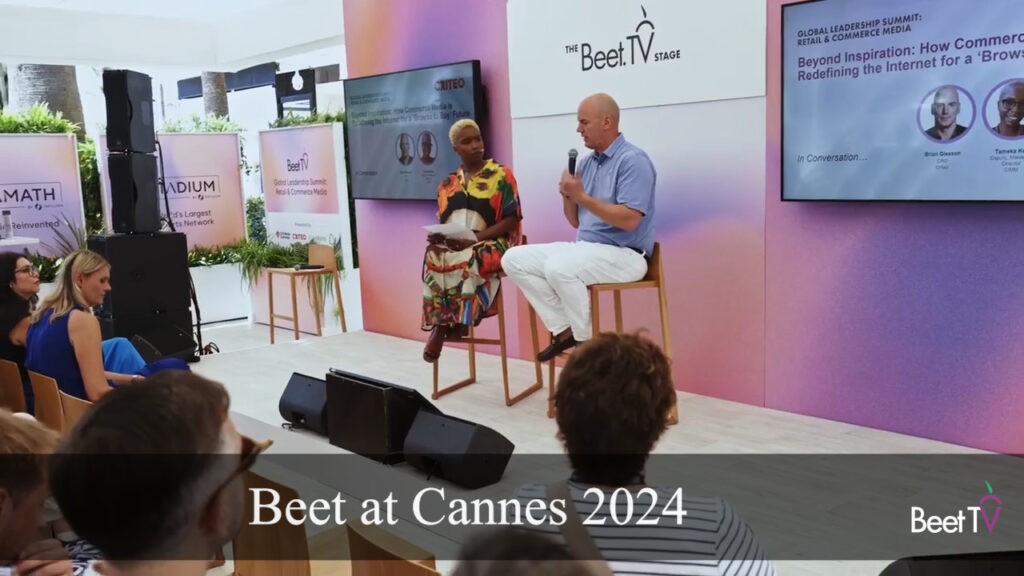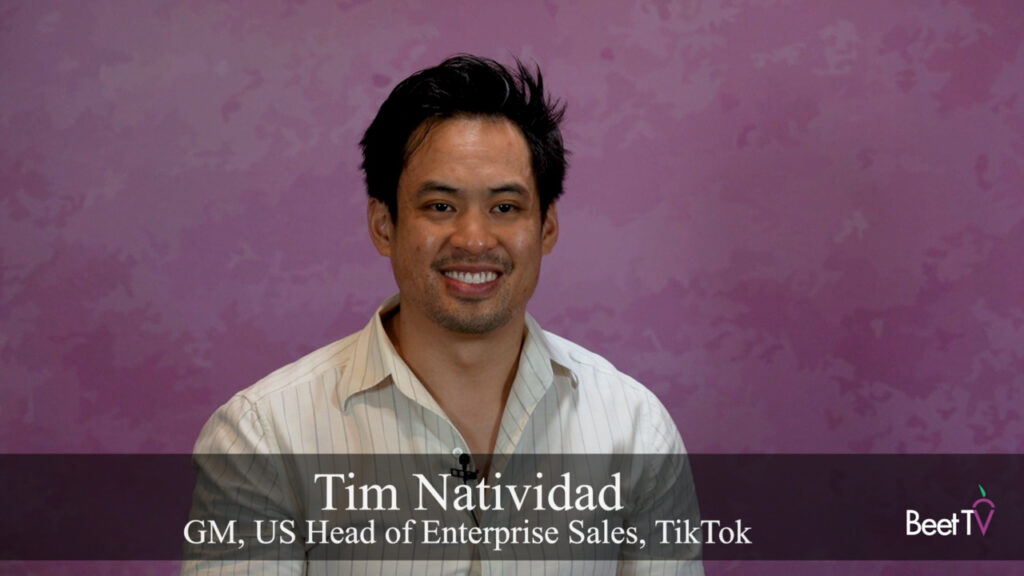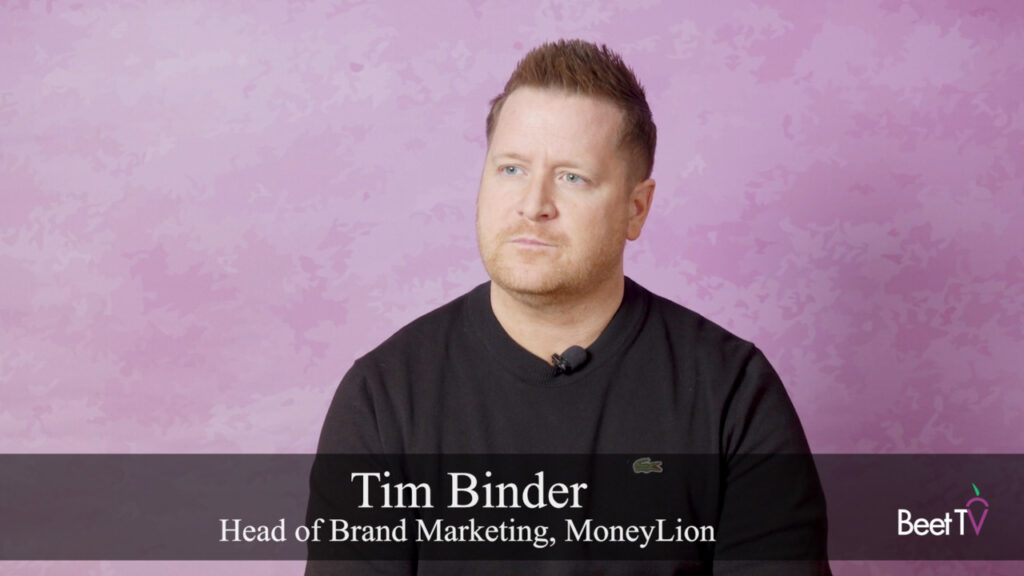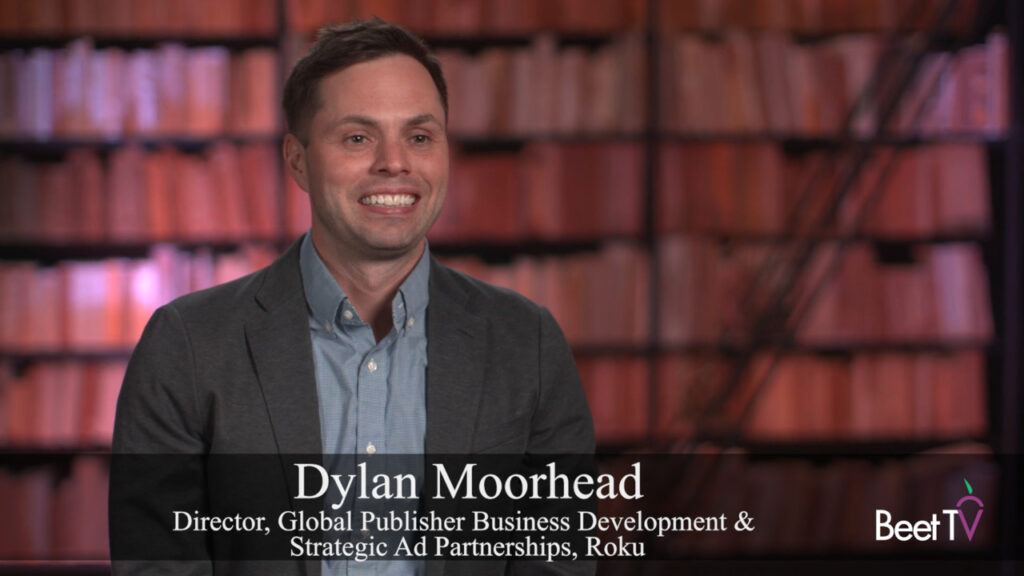When The New Yorker writer Ken Auletta decided to take a hard look at companies that are dependent upon advertising, he came away seeing “frenemies” everywhere—all of them facing “existential assault.” The resulting book, being released today after three years of research, is titled Frenemies: The Epic Disruption of the Ad Business (and Everything Else).
Auletta interviewed 450 people, some of whom became key narrative characters in his book because of their vast influence and positions of power. They include former WPP Group CEO Sir Martin Sorrell, MediaLink Chairman and CEO Michael Kassan and Carolyn Everson, VP of Global Marketing Solutions at Facebook. Auletta’s goal was to determine whether advertising is going through the same disruption that has impacted music, newspapers, magazines and television, he explains in this interview with Beet.TV at the annual DMS conference presented by LUMA Partners.
“And they are, I found. It’s a vital industry and yet it’s one under assault with grave consequences for the media,” Auletta says.
Under Auletta’s scrutiny, no entity that is dependent on advertising revenue is immune to seismic disruption.
“The reason I came to the title Frenamies is that if you’re an agency, you are suddenly faced by people who used to be your partners or customers who are suddenly your competitors,” he says.
He also cites marketers taking functions in-house that were formerly the province of agencies, “PR agencies increasingly becoming ad agencies,” consultancies shifting their focus to advertising, “Facebook and Google who were your customers are now dis-intermediating you and going directly to your clients” and media companies “increasingly are becoming ad agencies selling ads and dis-intermediating you as well.”
Some people have become power brokers across the entire advertising ecosystem, one example being Kassan, according to Auletta, whom he describes as being “everywhere I went.”
MediaLink’s clients range from major publishers to Facebook, Google and Microsoft, to brand marketers and agencies. “If you’re writing about politics, you’re interested in following the power brokers. Michael Kassan in the ad world is a power broker. I call him the connector.”
He describes CBS CEO Les Moonves as “probably the most successful modern television executive in modern history” who became a vehicle to help Auletta determine “can old media become new?”
Then there is the public, which represents a “threat to this whole industry” because of their ability and desire to avoid ads. Throw in data privacy concerns and Auletta’s book depicts a future rife with challenge.
“You’re in a seesaw here,” he explains. “The more the seesaw goes up in terms of data that we can target at you, the more privacy goes down. And if privacy goes up, then your ability to use data goes down. And that’s a conundrum that the advertising world faces and government faces.”
While neither anxiety nor frenemies are on the formal agenda at the upcoming Cannes International Festival of Creativity, they will be in abundance, according to Auletta.
“Everyone knows they’re being disrupted, they know that there are problems ahead. These are all anxieties that everyone shares, be they a client, a platform, a publisher or an agency. So I think in that sense it brings them together, and yet they’re all frenemies. So they can’t get too close.”






